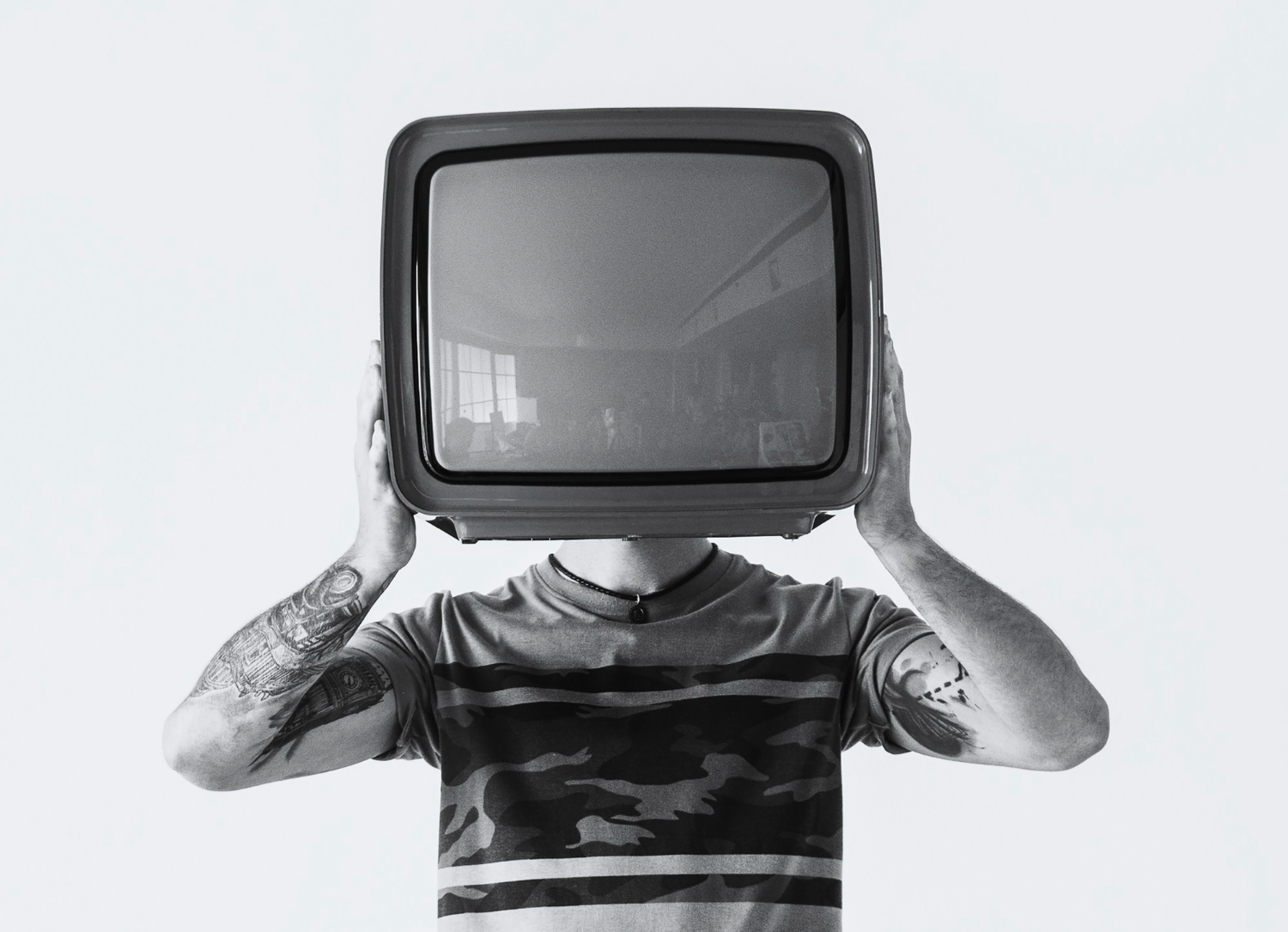
Entertainment has been a fundamental aspect of human civilization since time immemorial. From the earliest forms of communal gatherings to the modern-day digital spectacles, the evolution of entertainment reflects the changing dynamics of society, technology, and cultural preferences.
In this journey through time, we’ll explore how entertainment has evolved across different historical periods, from ancient civilizations to the digital age.
Ancient Entertainment
In ancient times, entertainment revolved around communal rituals, storytelling, and performances. In civilizations like ancient Egypt and Mesopotamia, elaborate festivals celebrated gods and rulers through music, dance, and theatrical performances.
The Greeks introduced the concept of theaters, where citizens gathered to watch plays by renowned playwrights like Sophocles and Euripides.
Medieval and Renaissance Entertainment
During the medieval period, entertainment took on various forms, including traveling minstrels, troubadours, and court jesters who entertained nobles with music, poetry, and jests.
The Renaissance witnessed a resurgence of interest in the arts, with theaters, masquerade balls, and elaborate courtly entertainments flourishing across Europe. Shakespeare’s plays became immensely popular during this time, captivating audiences with their timeless themes and rich language.
Entertainment in the Early Modern Period
The invention of the printing press in the 15th century revolutionized entertainment by making literature more accessible to the masses. Chapbooks, containing stories, ballads, and illustrations, became widespread, entertaining people of all social classes.
The emergence of public theaters, such as London’s Globe Theatre, provided a platform for both highbrow and lowbrow entertainment, catering to diverse audiences.
Industrial Revolution and the Rise of Mass Entertainment
The Industrial Revolution brought significant changes to entertainment, with the rise of music halls, circuses, and amusement parks catering to the burgeoning urban populations. The invention of photography and early motion picture technologies, such as the magic lantern, laid the groundwork for the development of cinema.
By the late 19th century, the Lumière brothers’ invention of the Cinématographe paved the way for the mass production and distribution of films, captivating audiences with moving images projected on screens.
20th Century Entertainment
The 20th century witnessed a golden age of entertainment, marked by the proliferation of radio, television, and cinema. The advent of radio broadcasting brought news, music, and serialized dramas into households around the world, while television revolutionized visual entertainment with its ability to transmit live events and pre-recorded programming.
The invention of 8mm film provided amateur filmmakers with a portable and affordable medium to capture and share their own stories, while advancements in cinema technology brought about the transition from black-and-white silent films to color talkies.
Also, the introduction of VHS tapes revolutionized home entertainment, allowing people to record and watch their favorite movies and television shows from the comfort of their living rooms.
This accessible format transformed the way audiences consumed content, ushering in an era of video rental stores and movie nights at home.
Digital Age and Modern Entertainment
The dawn of the digital age has transformed the entertainment landscape yet again, with the internet, video games, and streaming platforms revolutionizing how we consume and interact with media. From the rise of social media influencers to the popularity of online streaming services like Netflix and Hulu, digital technology has democratized access to entertainment, allowing creators and audiences to connect on a global scale.
Moreover, the transition from analog to digital formats has enabled the preservation and restoration of historical media, with tools like the best VHS to digital converters allowing enthusiasts to digitize their old home videos and preserve them for future generations. No longer do you need to fret over the gradual decay of your cherished film reels because you can now convert 8mm film to digital format.
Conclusion
From ancient rituals to modern-day streaming services, entertainment has always been an integral part of human culture, reflecting our aspirations, values, and collective imagination. As we continue to innovate and explore new forms of entertainment in the digital age, it’s essential to recognize and appreciate the rich tapestry of leisure and amusement that has shaped our shared human experience across time.
So whether you’re enjoying a classic film or binge-watching the latest series on your favorite streaming platform, remember that the quest for entertainment is as old as civilization itself, and the journey is far from over.
 When the time arrives for you to buy
When the time arrives for you to buy  Playing video games does have its benefits and those are ones you can incorporate into your life.
Playing video games does have its benefits and those are ones you can incorporate into your life. In stepping back for a moment to summarize how your life is going, could the Internet play a bigger role in it? More importantly, should the Internet have more impact in your world?
In stepping back for a moment to summarize how your life is going, could the Internet play a bigger role in it? More importantly, should the Internet have more impact in your world?
 You may have many or few activities that you do outside of your daily norm be it work, school, raising a family and more.
You may have many or few activities that you do outside of your daily norm be it work, school, raising a family and more.

 It may not be widely known but lots of people do not just delight in placing wagers, for them gambling is a way for them to earn a living. It is a conscious choice for some to bome a
It may not be widely known but lots of people do not just delight in placing wagers, for them gambling is a way for them to earn a living. It is a conscious choice for some to bome a  We’re incredibly passionate about the
We’re incredibly passionate about the